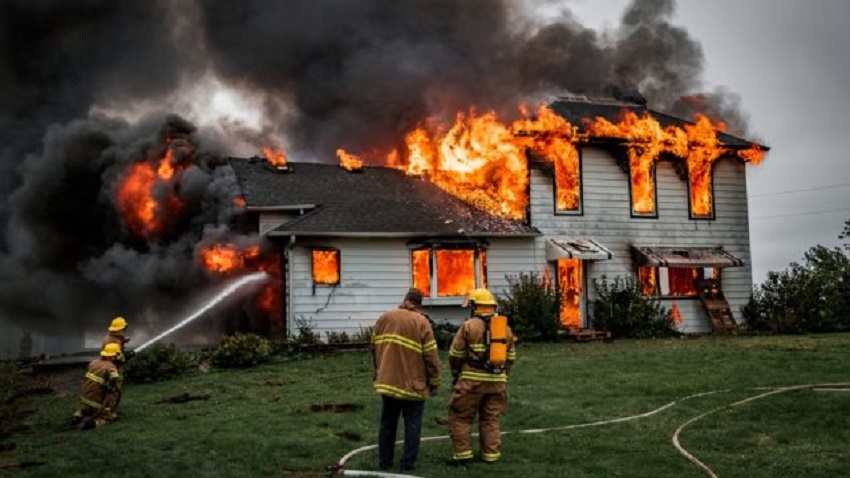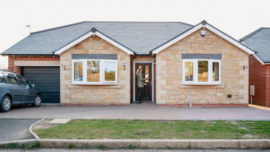
Fire proofing your home: What you need to know
A house fire is one of the scariest things a person can experience. More than 37,000 house fires are reported each year in the UK. It is devastating how fast things can take a turn for the worst. Around 200 – 300 people a year lose their lives due to household fires. This is why fire proofing your home is so important. Read on to find the best ways to fire proof your home.
What does fire proofing mean?
It’s the process of making buildings resistant to fire damage by including fireproof materials. This doesn’t guarantee that it will never burn, but it can reduce the impact of the extreme heat.
Is fire proofing necessary?
Yes, it protects buildings from collapsing and enables time for a safe evacuation of residents in the buildings.
Ways to fire proof your homes –
Use fire resistant materials –
The materials you use for your home can have a big impact on your safety, and not many people know that. When it comes to materials, concrete panels, stucco or brick for exterior walls, steel framing for windows and concrete or metal for roofing are all good choices. Fire retardant paint is also a good idea. For decking, concrete, tiles, stone or brick are better than wood.
After the great fire of London in 1666, thatched roofs were banned in the city to avoid another rapid spread of fire. Although, statistically homes with thatched roofs are no more likely to catch fire than those with conventional roofs. However, if they do the results are often rapid and spectacular. It seems worse, mainly because thatched fires in unprotected properties usually causes severe damage and therefore receives maximum publicity.
Check and install smoke alarms –
Smoke alarms are very important in homes, they provide early warnings of smoke and fire in your house. The best place to put a smoke detector is on the ceiling in the hallways and the landing. You shouldn’t put smoke alarms in the kitchen or bathrooms. You should check your smoke alarms at least once a month to see if they still work. And change the batteries every 6 months.
Have a fire extinguisher on hand –
Having an extinguisher handy can make all of the difference between a small incident in the kitchen and the entire house Burning down. A good place to keep one is in the kitchen, as that is where many fires start. Make sure it is handy and accessible to everyone in the house.
Clear the gutters –
Even if your roof if made from fire resistant materials, if you have leaves and debris up there it can cause a fire. Cleaning our cutters regularly is a good idea. Also, if you have a chimney, you should get that cleaned once a year to check for soot build up.






